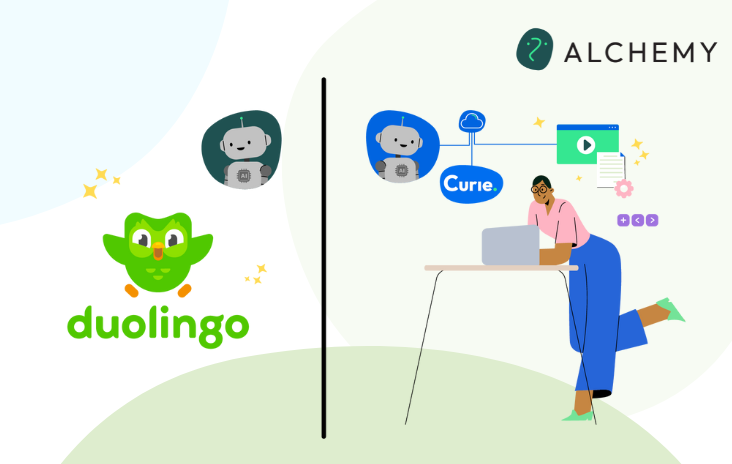Article
Rethinking Higher Education: Beyond the College Conundrum

The September 20 episode of “The Daily” podcast, “Is College Worth It?” raised concerns about the shifting perception of higher education in the United States. While the episode raised important issues, it’s crucial to recognize that the discussion often lumped all forms of higher education under the umbrella term of “college”. This oversimplification risks leading listeners to a potentially uninformed and dangerous conclusion – that higher education as a whole is a losing proposition.
First and foremost, we must acknowledge that higher education is not synonymous with traditional four-year residential college programs. The episode’s focus on the decline in confidence in “college” tends to overlook the vast diversity of educational pathways beyond the traditional college experience. There are numerous alternative options for higher education that provide valuable skills and contribute significantly to both individual growth and the economy.
One of the most significant oversights in this discussion is the failure to control for major enrollment and demographic shifts. The economic landscape today is vastly different from the past, with generational wealth disparities playing a substantial role. It is essential to consider these broader factors when evaluating the economics of higher education.
Moreover, the conclusion that we need more bachelor’s degrees to meet the demands of the economy is not only simplistic but also potentially misleading. The job market of the future will require continuous education that adapts to the evolving needs of society. This calls for a more flexible and diverse approach to higher education.
To effectively participate in our increasingly globalized society and workforce, we must invest in education that is affordable, accessible and adaptable. This means embracing innovative formats such as stackable microcredentials, online and hybrid learning, shorter semesters, and education that is closely aligned with workplace requirements. The idea that education must be accessed in a traditional four-year college setting is outdated and does not reflect the reality of today’s adult learners.
It is imperative that we broaden our perspective on higher education. While the challenges facing traditional colleges are real, we should not conflate them with the broader concept of higher education. Our economy will undoubtedly require ongoing education, but it does not necessarily have to manifest in the form of bachelor’s degrees. Instead, let’s focus on creating a diverse, flexible, and accessible higher education landscape that meets the needs of individuals and our evolving society. It’s time to move beyond the college conundrum and embrace a more comprehensive vision of higher education.



